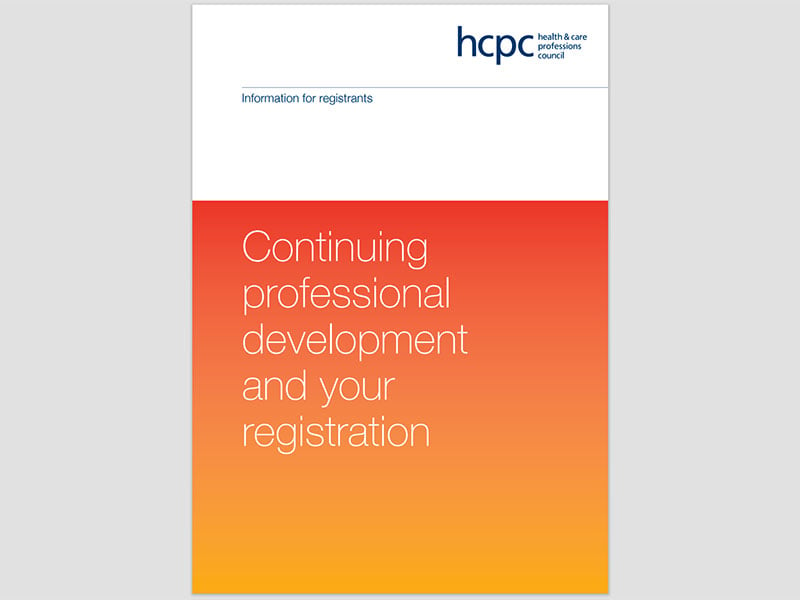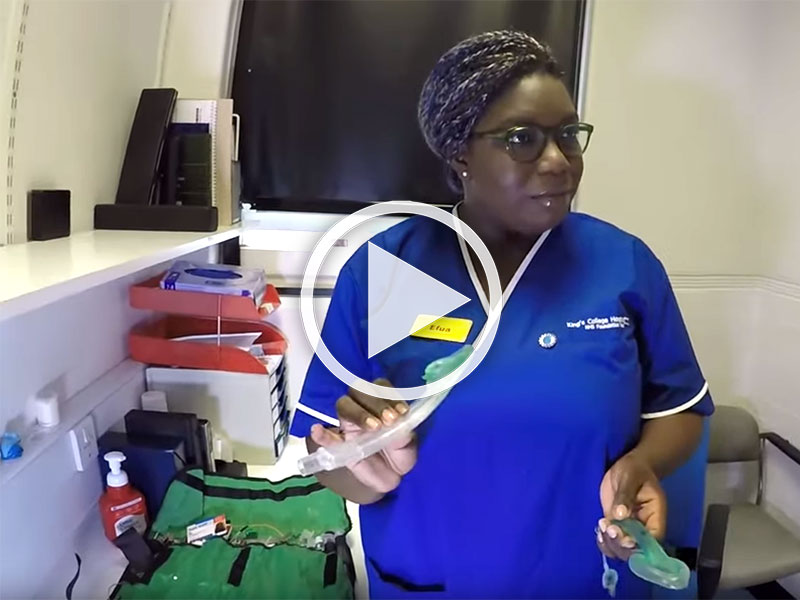If you are audited, we would ask you to tell us about some of the activities you have carried out, what you learnt and how this has benefited your service users.
Standard 4: Seek to ensure that their CPD benefits the service user
(Standards of continuing professional development)
For the purposes of this standard, we define a ‘service user’ as anyone who uses your services or is affected by your work.
Who your service users are will depend on how and where you work. For example:
- if you are in ‘front line’ or laboratory based practice, your service users might
include patients, clients, carers, other professionals and others you provide services to; - if you work in education, your service users might include your students; and
- if you are a manager, your service users might include the team that you manage.
The above is not a full list, so you will need to think about who your service users are.
Your CPD should lead to benefits for your service users. These benefits do not need to be radical and in many cases may simply be a result of improvements you have made to your practice.
For example, a CPD activity has improved your practice because you have gained new skills, and as a result you are able to provide a better service to your service users.
This standard is asking you to think about how your CPD has benefited those who you work with and who are affected by your practice.
‘Seek to ensure’
We use the phrase ‘seek to ensure’ in standard 4 because you might carry out a CPD activity to provide benefits to service users, but find that it is not as helpful as you had expected. As long as you think about why the activity was not useful and what you might do in future instead, and can explain this if asked, you will still meet this standard.
Third-party feedback
Asking for, receiving and reflecting on feedback from service users and peers can help improve practice and help to identify future learning needs.
Although this is not a specific requirement, we would encourage you to ask for and reflect on feedback from service users and others if you are able to. This feedback can also be a useful piece of evidence to support the fact that you have met standard four (see section six).


